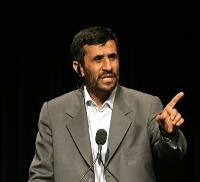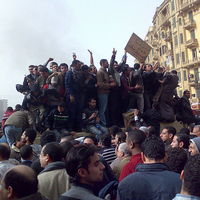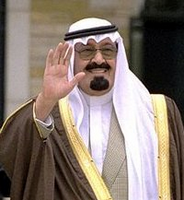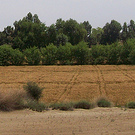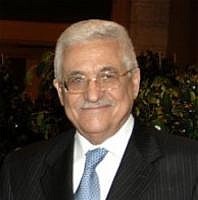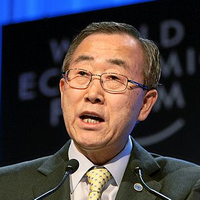
When Ban Ki-moon was chosen as secretary-general of the United Nations, his predecessor Kofi Annan welcomed him as “a man with a truly global mind.” Nearly five years on, such a mindset is indeed an asset, as Ban must find his attention constantly roaming from one to another of the planet’s trouble spots. In the past six months, the U.N. has played a central role in major crises in both Côte d’Ivoire and Libya. The Ivorian standoff threatened to shame both the secretary-general and the Security Council, as Laurent Gbagbo ignored their efforts to make him leave office after losing […]

